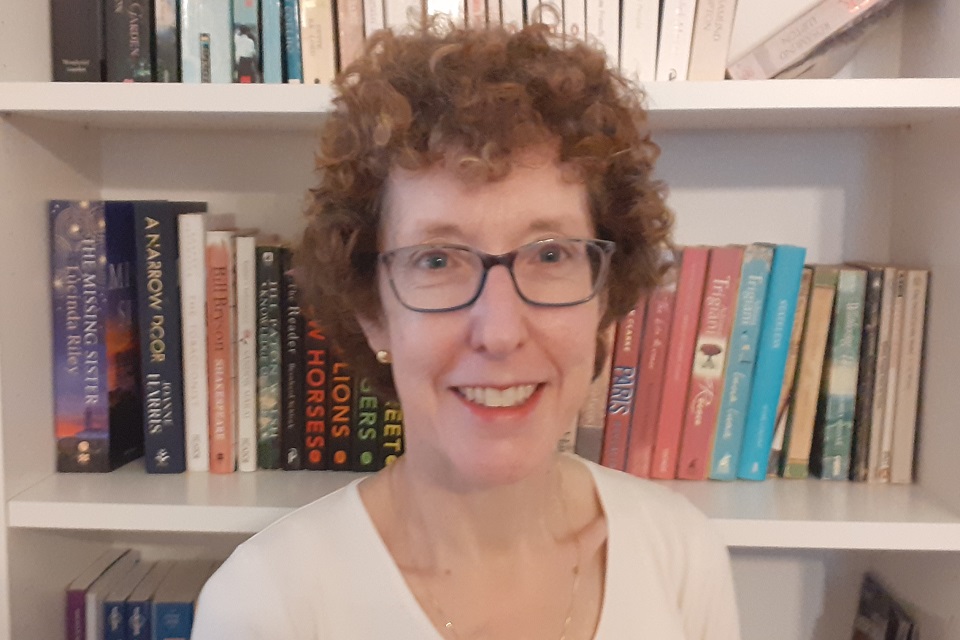Warsaw Human Dimension Conference 2024: UK closing statement
Deputy Ambassador Brown says that progress on democracy and fundamental freedoms cannot be taken for granted at this time of shrinking civil space and growing authoritarianism.

Thank you, Madam Chair. Good morning, everyone.
As we reach the end of the third Chair’s Warsaw Human Dimension Conference in three years, I would like to thank Malta as our Chair in Office for holding this meeting and enabling government officials, civil society, international experts and human rights activists to come together to take stock of how participating States are implementing their human dimension commitments.
The opportunity to take stock is why all participating States agreed to an annual meeting in this format in the early 1990s. We again condemn Russia’s decision to block the mandated Human Dimension Implementation Meeting and call on the Russian Federation to stop their illegal war; withdraw their troops from Ukraine; cease their malign activities, including disinformation; and, respect OSCE principles and commitments.
Thank you, Tea, and your teams at ODIHR for preparing and delivering this meeting and for the work you do throughout the year to help us all in the implementation of our commitments. That ODIHR has been nominated for the Nobel Peace Prize is recognition of your vital daily work. Like others I am waiting in excited anticipation to hear the news from Oslo.
I salute those of you who have spoken in plenary sessions and side events over the past fortnight. We have heard about the impact of Russia’s illegal invasion of Ukraine and systematic dismantling of rights and freedoms at home too. We have also heard about challenges to human rights and democracy in other parts of our region, reminding us that work to uphold our shared human dimension commitments is always required, and that progress cannot be taken for granted at this time of shrinking civil space and growing authoritarianism.
We have again been struck by the expertise and bravery of civil society organisations during this meeting. It is they who represent citizens and they that record and report violations at grassroots level. It is no exaggeration to say that without civil society, governments understanding of the extent of human rights violations on the ground would be sharply reduced. As we approach next year’s 50th anniversary of the Helsinki Final Act, we hope that civil society’s important role will receive the prominence that it deserves. As my Ambassador said in his opening statement, they truly are the spirit of Helsinki.